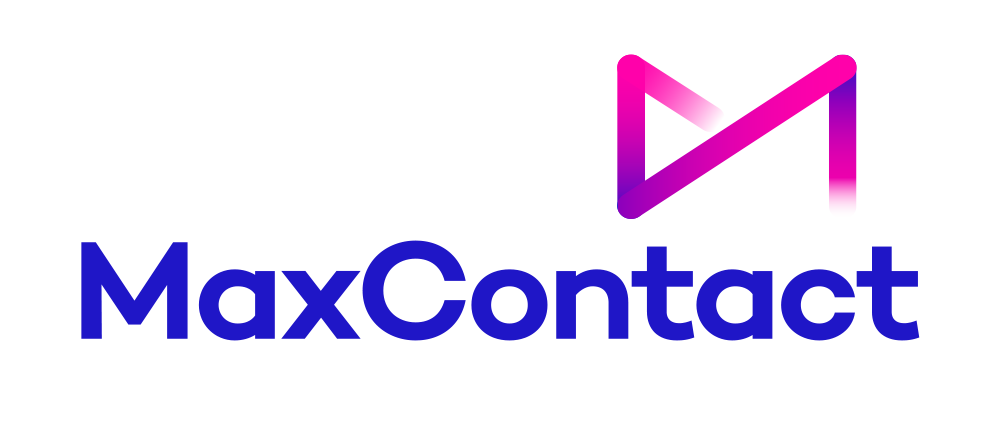Omnichannel vs Multichannel
You may think that omnichannel and multichannel are the same thing; but although they share some similarities, there are several differences to consider.
Both of these terms involve using more than one channel to reach an audience but they are not the same.
Throughout this blog, we will discuss what omnichannel and multichannel are, the differences between the two and much more. For more information, read on.
What is Multichannel?
Multichannel is a strategy that involves engaging with customers through a range of different channels to increase sales and improve customer service.
Simply put, a multichannel uses multiple channels to promote a brand or product and interact with customers. This call centre system also takes a product-centric approach when using more than one channel in order to promote a product.
It uses a combination of different platforms, such as websites, emails and social media to reach customers when they are most active.
One of the main goals of a multichannel is to offer customers the choice of how they want to interact with a brand. This can increase customer satisfaction as it means that they can engage through their preferred channel.
What Are the Benefits of Multichannels?
There are many benefits of the multichannel approach, for example, it can enhance a business’s effectiveness in engaging customers. Here are some of the benefits multichannel offers:
- Improves conversion rates: The multichannel approach allows businesses to create more touchpoints with potential customers, which increases the likelihood of conversion.
- Improves customer experience: This approach allows customers to interact with different businesses to enhance their overall experience.
- Boosts brand presence: A multichannel makes sure that messaging is consistent across different platforms, which makes it easier for customers to engage with a brand.
- Increased customer loyalty: Providing multiple ways for customers to communicate can allow for stronger relationships, which can lead to increased customer loyalty.
As you can see, the multichannel approach comes with a wide range of benefits and improves customer engagement, satisfaction and loyalty.
What is Omnichannel?
Omnichannel software allows customers to interact with your business through the channel of their choice.
Omnichannel is a comprehensive approach that integrates all available channels to provide a simple and consistent customer experience.
The term ‘omni’ stands for ‘all’, which means that this strategy contains every possible interaction point a customer might have with a brand. Omnichannel uses a customer-centric approach while using all the different channels available.
All interactions are logged in the central database to ensure all channels have access to up-to-date information at all times.
What are the Benefits of Omnichannels?
Now that you have a better understanding of what an omnichannel is, let’s explore some of the benefits it offers:
- Enhanced customer experience: An omnichannel contact centre solution provides a consistent customer experience across all channels, such as in-store, online or via mobile.
- Multiple contact points: Omnichannel allows your brand to cater to the modern customer by offering multiple contact points, which allows the customer to communicate on their terms.
- All-in-one: Omnichannels converge all channels into one platform, ensuring a better customer agent experience. This means that the customer journey is in one place, which eliminates the need for the agent to juggle multiple platforms.
Implementing an omnichannel strategy allows businesses to create a more customer-centric approach to marketing and sales. This is ideal as it can drive business growth and improve overall agent performance.
What Are the Differences Between a Multichannel and an Omnichannel?
So, to sum everything up, a multichannel call centre allows customers to reach out through different channels; however, the interactions within these channels remain isolated.
Omnichannel, on the other hand, allows agents to seamlessly switch between communication channels.
Conversations and customer data are synced in real time, which provides agents with full context when they respond. This leads to faster response times, improved agent productivity and happier customers.
Here are some of the key differences between a multichannel and omnichannel strategy:
|
Omnichannel |
Multichannel |
|
1. Customer is at the centre of your strategy. |
1. Channel is at the centre of your strategy. |
|
2. Omnichannel integrates all channels into a seamless experience. |
2. Multichannel uses seperate channels that don’t interact. |
|
3.Omnichannel requires co-ordination across different touchpoints. |
3. Multichannel offers more flexibility because channels can operate independently. |
Which is the Best Strategy for Your Business: Omnichannel or Multichannel?
The best strategy for your business depends on your goals and objectives. For example, omnichannel strategies can help to build brand recognition and improve the overall customer experience.
A multichannel approach is simpler and a lot more flexible compared to omnichannel, which makes it a good choice for product-focused brands.
An omnichannel strategy is ideal for your business if you aim to:
- Increase customer retention and loyalty.
- Stay competitive in a market that requires unified experiences.
- Centralised customer data.
However, multichannel is ideal for your business if you:
- Have limited resources or a smaller team.
- Need to maximise engagement on individual channels.
- Want to focus on product promotion.
Ultimately, the choice of whether multichannel or omnichannel is best for you depends on the industry you work in and your goals.
If you would like more information about both omnichannel and multichannel and how our services could benefit your business, don’t hesitate to contact us today. We look forward to hearing from you.
.png)
From the blog






